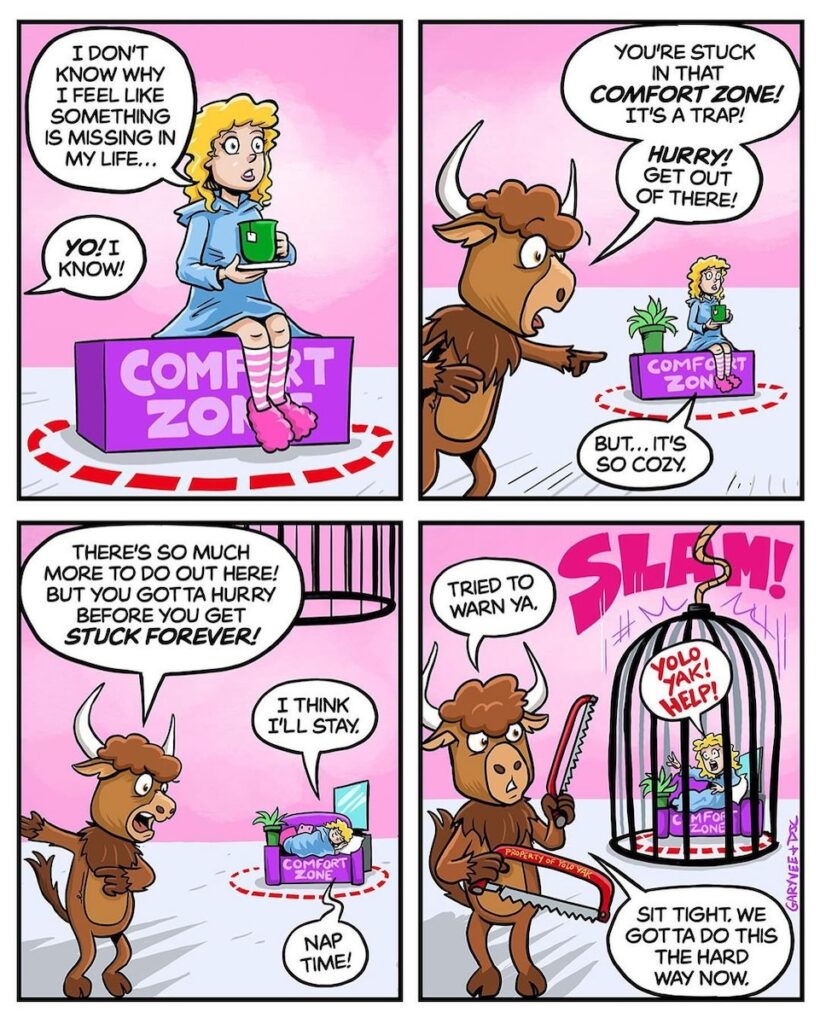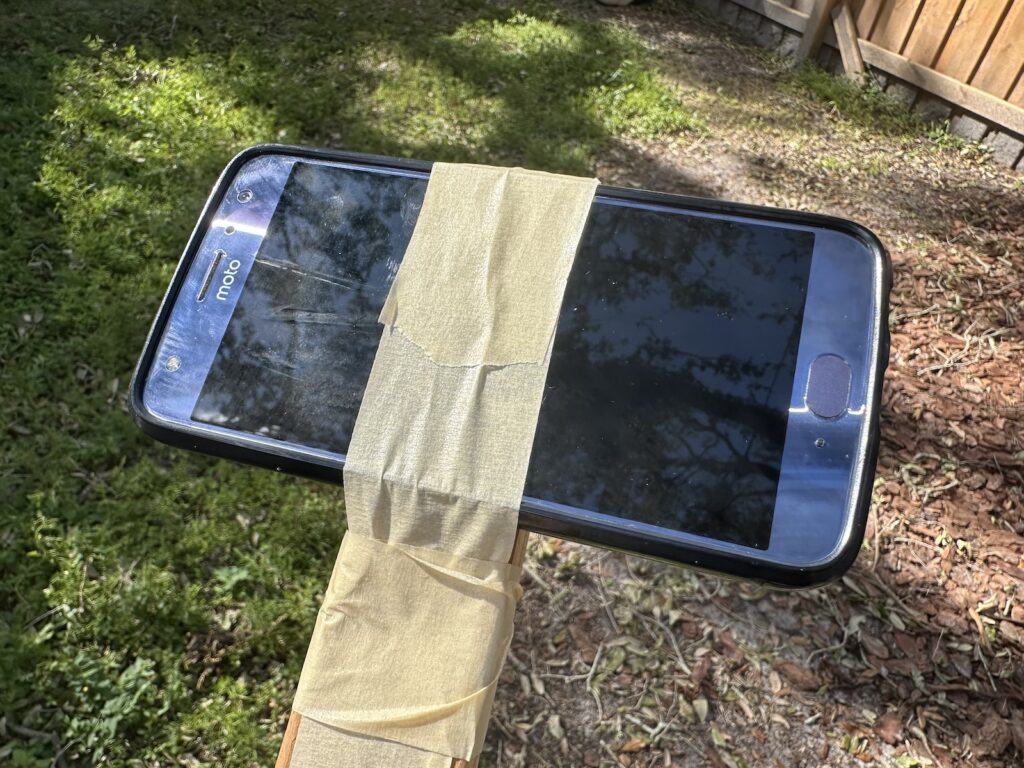Headline of the day
It would be even more funny and frightening is the transformation was going the other way.
(By the way, here’s the article.)
In my dream last night, I heard a song I haven’t listened to in ages: The Dead Next Door, a little-played song from Billy Idol’s biggest album, Rebel Yell. It’s one of my favorite Billy Idol tunes, and I always thought it was an unexpected, underappreciated gem.
It’s been stuck in my head all day, and if you dare play it, it might get stuck in yours too.
As Murphy’s Law would have it, moments after posting yesterday that I hadn’t yet put away our generator just in case the repairs to our neighborhood power didn’t stick…
…the power went out.
Shortly after that, our poor FedEx guy dropped off this heavy beast at our front door. I would have helped him, but I was in our back yard starting up the generator:
Just about every “battery generator” (a strange misnomer) went on sale during the period between Hurricanes Helene and Milton. EcoFlow seems to be the current favorite with both Wirecutter and a lot of its users, and they had a good package deal, so I ordered one. Alas, it arraived after Milton.
This is the Delta Pro, which stores 3600 watt-hours of energy, charges off a wall outlet, car “cigarette lighter” outlet, or solar panels. The package deal includes a 400 watt solar panel and a smaller power station, the River, whose job will be to power a CPAP and bedroom fan during power outages.
I’m charging the beast as I write this. More reports later, especially if I end up needing to use it!
Here’s “Lil’ Red,” a generator we bought from a friend of the family a few years back, which I have lovingly maintained for the past couple of years. We finally put it to use during Hurricane Milton to keep the fridge and freezer cold, to power cooking appliances and provide that tiny bit of power that our gas-powered tankless water heater needs, and to power wifi (our Frontier fiber connection stayed up almost the entire time) and laptops and charge phones.
I haven’t put Lil’ Red away just yet because no power restoration is perfect. We got power back on Saturday afternoon, but lost it later that evening due to problems with a nearby tree falling on a power line. We’ve got it back Sunday afternoon, but there’ve been reports of occasional hours-long outages, which is understandable considering the scope of Milton’s damage. I’ll put it away this weekend after first running the engine dry to remove the remaining gasoline — gas degrades over time, and storing a generator with gas in the tank is asking for a lot of cleaning and repair later.
I’m also looking at this bad boy pictured above for future use, as this one can be hooked up to our natural gas line, and I’d like to be able to use the additional watts to run a couple of fans and recharge our EcoFlow power station…
A day or two after Hurricane Milton tore its way through town, someone posted on the local Facebook groups offering their services to fly a drone over your house to check for roof damage — for $75.00.
You can also do what I did and get roughly the same effect for FREE with your smartphone and a long pole or board, as pictured in this post.
I write mobile apps for fun, and I keep a couple of old Android phones handy, as they have all sorts of uses, such as hurricane FM radios (I’ll write about this in a later post) and cameras that I don’t feel too bad about putting at risk.
So I took one of my old Androids — a Moto x4, which was a great mid-range phone that offered a lot of bang for the buck back in 2017 — and securely taped it to a long slat from a the renovation project from when we moved in. I knew it would come in handy someday.
You might be tempted to use duct tape, but I figured that for a half-hour’s use, the annoyance of having to peel it off the phone wasn’t worth it. I used masking tape from the spot in our utility closet that I call the “attach things to other things shelf” (if you don’t have one, you might want to establish one).
Tape it in a way so that you can use the controls on your phone’s “camera” app, set it to video, start recording, and raise the pole! You can extend the viewing angle and reach by standing on a ladder.
Here’s a sample from my recordings:









